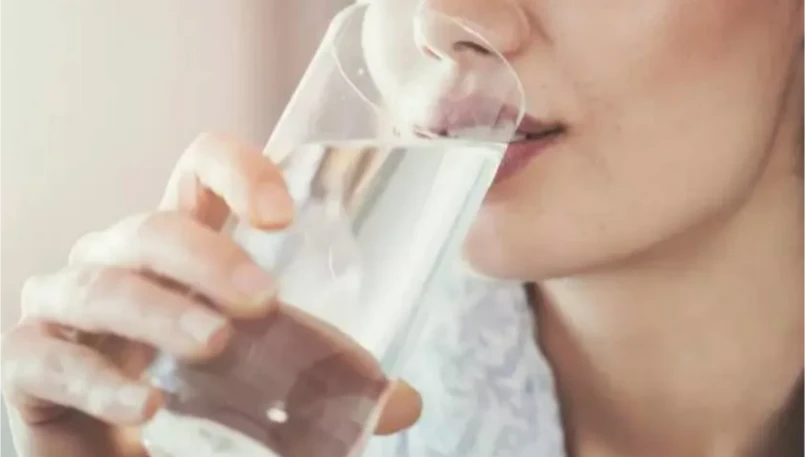The human body is made up of 60% water: it is present inside the cells, in the space between the cells, in the blood and in other body fluids such as saliva, sweat or tears.
What functions does water perform in our body?
- The liquid performs some main functions that ensure the proper functioning of our body:
- Transports and distributes essential nutrients for cells such as minerals, vitamins or glucose
- Eliminates toxins produced by the organs
- Regulates body temperature
- Collaborates in the digestive process
- It also acts as a joint lubricant.
Water is so important for the body that a person at a normal temperature and with a relatively sedentary life can only last 3 to 5 days without drinking. On the contrary, the body of that same person could last up to a month without eating food.
How does the body lose water?
The human body loses water constantly; when the person breathes, sweats, urinates, evacuates, at all times. Through these actions, the body loses an average of between 2 and 2.5 liters of water per day. It is important to keep in mind that not only water is lost, but also sodium, potassium, calcium, fluoride and other electrolytes are released.
The body can make up for daily fluid loss by moving internal water from our cells into our blood. However, if we do not replace the water we lose throughout the day, we can suffer from dehydration.
In fact, mild dehydration is quite common as it is caused by a very low fluid intake. If you suffer from a gastrointestinal disease that causes diarrhea and vomiting, have a fever or suffer a burn, dehydration worsens.
Now, what is dehydration?
Dehydration occurs when the water balance is negative, that is, the body loses more water than it ingests. That said, it is worth mentioning that there are 3 different types of dehydration:
- Isotonic dehydration: occurs when we lose approximately the same amount of water as electrolytes.
- Hypertonic dehydration: occurs when the amount of water we lose is greater than the amount of electrolytes
- Hypotonic dehydration: occurs when our body loses more electrolytes than water.
When dehydration begins, thirst sets in, which is the first symptom that the body is dehydrating. That is why the recommendation of specialists is always to drink water frequently and not wait to be thirsty.
What consequences does dehydration have on the body?
When the person is dehydrated, the level of water contained in the blood decreases, which hinders its circulation. As a consequence, the organs and muscles receive a lower level of the nutrients and oxygen they need to function properly.
In this way, the more water the body loses, the more serious the consequences for health will be:
Thirst is the first symptom of dehydration
- Mild dehydration will cause thirst, headaches, weakness, dizziness, fatigue, and may also cause drowsiness.
- If the person suffers from dehydration is moderate, the person will feel a dry mouth, the pulse will increase, the skin will have little elasticity, he will feel a sensation of heaviness and there will be little or no volume of urine.
- In case of severe dehydration, it is necessary to go to a health center since we will be facing a medical emergency that could be fatal: it is characterized by an extreme sensation of thirst, an accelerated respiratory rate, a lack of urine volume, cold and humid skin, muscle spasms, vomiting, altered mental status.
How much liquid to drink to keep the body hydrated?
Since not everyone responds in the same way and their bodies are different, it is difficult to determine the exact amount of water you should drink to stay hydrated. However, there are reference values established by the European Food Safety Authority (EFSA):
- Children are at risk of dehydration for a number of reasons. They should drink little, but throughout the day it will help them stay well hydrated and avoid problems.
- The elderly and older people are also at risk for moderate or prolonged dehydration, since they are often unaware of how important it is to cool down and drink fluids. As with children, a small amount is recommended, but for practically the whole day.
- An adult woman or man between the ages of 20 and 70 should generally consume 2 liters and 2.5 liters of water respectively. If they exercise or play sports, they must ingest the amount proportional to the loss of water that such activity entails. If you run or walk, the ideal is to drink a couple of glasses of water (0.5 liters) half an hour before starting the activity.

